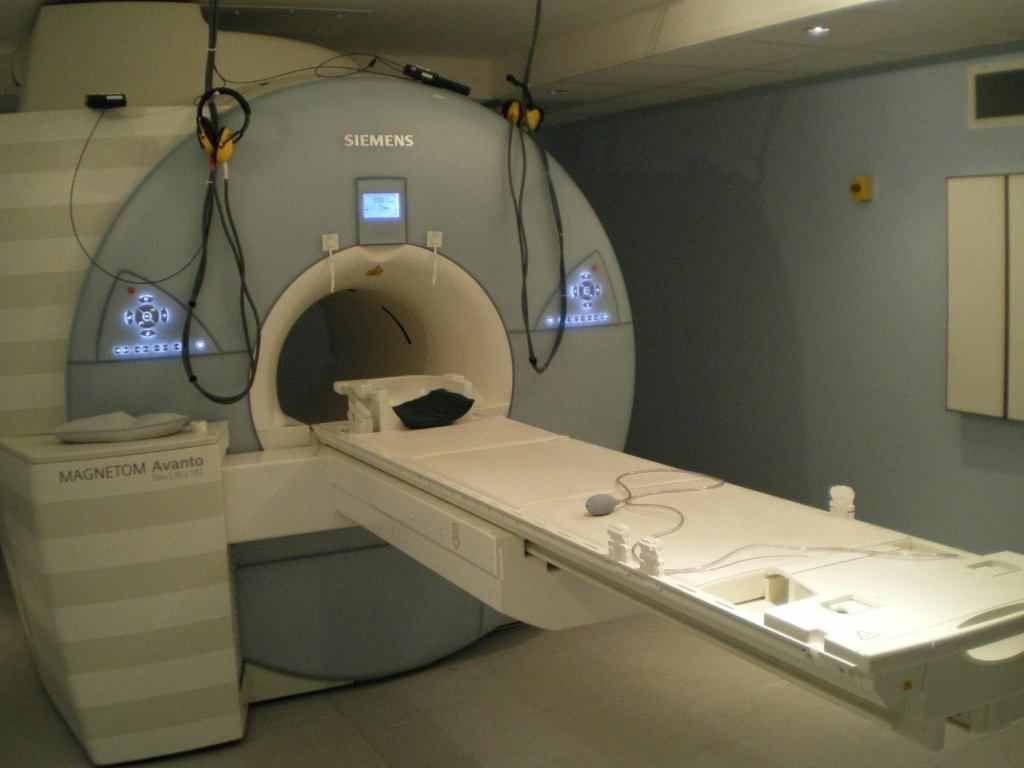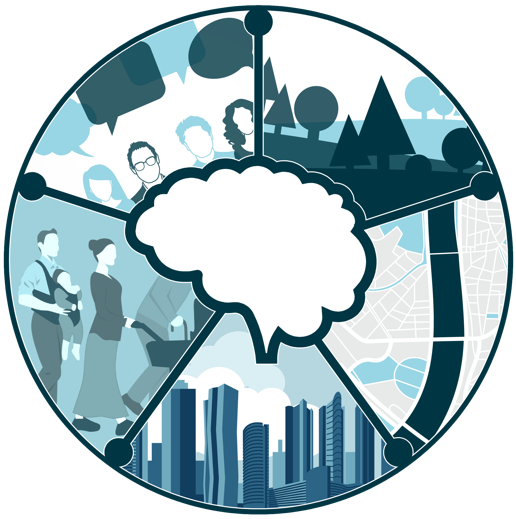
Leverhulme Doctoral Training Programme
for the Ecological Study of the Brain
(ECOLOGICAL BRAIN DTP)

Improving transport and access to transport for people with barriers to mobility
Each day, 7.1 million trips are made on London’s transport system by people with mobility barriers. UCL research has allowed transport providers to deliver better and more cost-effective services, as well as enhancing users’ access to and experience of public transport.
These benefits originate in work conducted by Professor Nick Tyler for the Department of the Environment, Transport and the Regions in the 1990s, which led to the establishment of PAMELA, a real-world-scale laboratory for assessing pedestrian movement
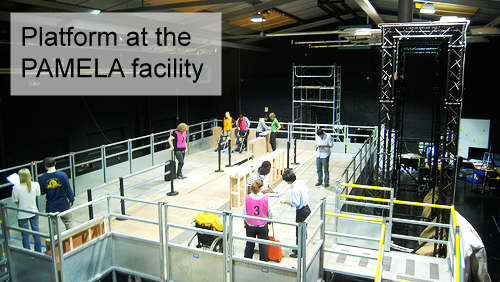
Large-scale support using mobile phones and wearables
The mobile testbed of the Intelligent Social Systems Lab provides support for large-scale experimentation for behaviour sensing and modelling using mobile phones and wearables.
The testbed supports deployments with users’ phones and experimental devices for testing. The lab has several phones for prototyping (covering a range of models including Sony Experia, Samsung S6, Samsung Note 4, Google Nexus 6, HTC One M6, and Moto and iPhone 6 and 7) and Samsung wearables.
The back-end infrastructure includes:
a dedicated VM for managing connections between phones and the server;
8 machines with Intel(R) Xeon(R) CPU E5-2630 v3 @ 2.40GHz;
1 machine with Intel(R) Xeon(R) CPU E5-2637 v4 @ 3.50GHz and NVIDIA P100 card (which is state-of-the-art GPU card);
availability of structured and non-structured databases to store data;
multiple storage servers (22TB each).
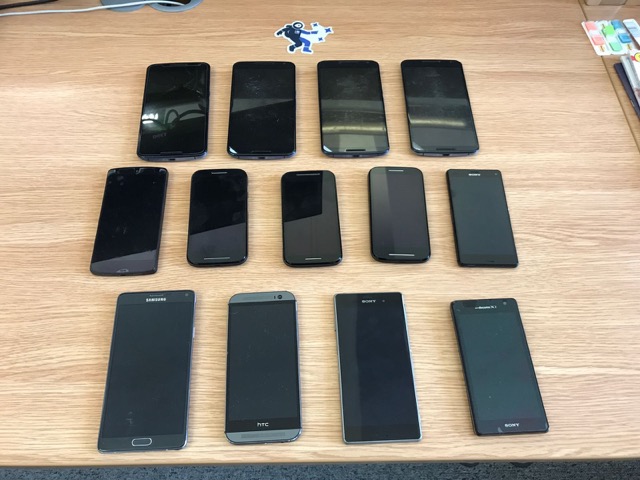
State-of-the-art facilities suitable for all sorts of demo applications
The Immersive Virtual Environments Laboratory is run by the Virtual Environments and Computer Graphics (VECG) group at UCL. It offers the following facilities: Immersive Displays Lab,
Mixed Reality Lab,
Head Mounted Displays Lab,
Touch Lab. The focus of the research is in Virtual Body, Presence, Interaction Systems, and Mixed Reality

World leading Centre of Excellence in Human-Computer Interaction
UCLIC is a world leading Centre of Excellence in Human-Computer Interaction teaching and research, studying interactions between people and technology, drawing on the best scientific traditions in Computer Science, Human Sciences, Design and Engineering and working collaboratively with the research community and industry. It is directed by Professor Yvonne Rogers. It has grown to over 40 interdisciplinary researchers (10 faculty staff, 9 post docs, 21 PhD students), working in a diversity of areas including adaptive and future interfaces, affect and emotion, behavioural change, design practice, digital health and well being, human-centered data, in-the-wild studies, task performance and multi-tasking, internet of things and ubiquitous computing. UCLIC is co-located with the Department of Computer Science in Gower Street. The department houses experimental facilities including a prototyping/physical computing lab and a suite of usability laboratories, equipped for a variety of types of study, for use by both staff and post-graduate students.
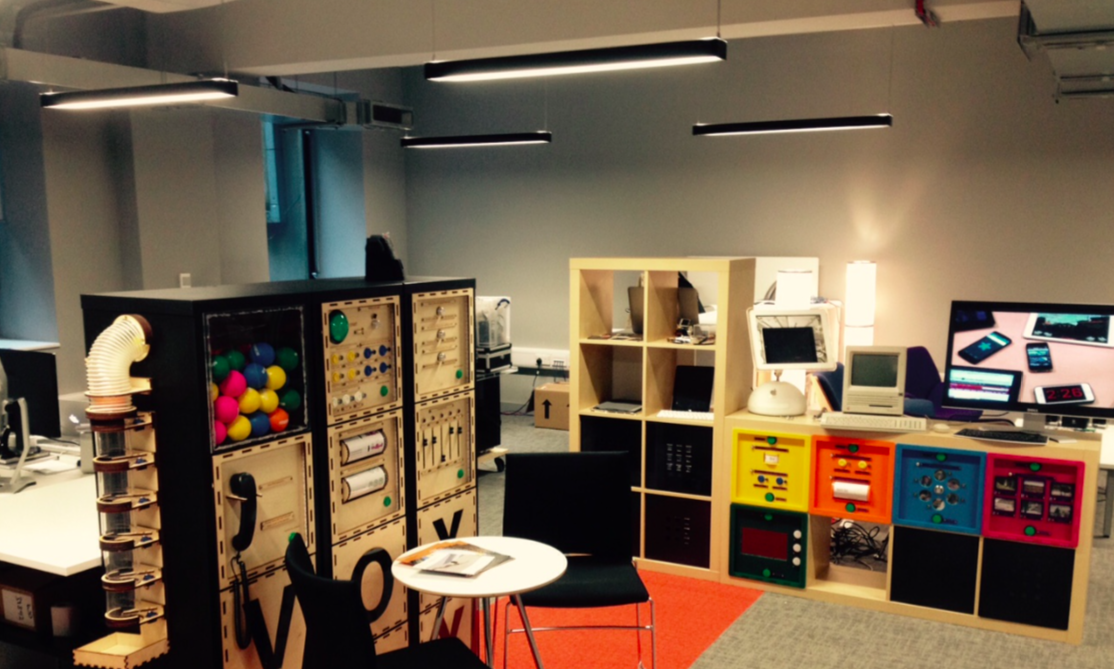
Using 3D technology to study human interaction
The Multimodal lab uses 3D motion tracking technology, gaze tracking techniques, panoramic cameras and microphones to capture and analyse natural interaction between people. It is housed in the department of Experimental Psychology at UCL, and is a collaboration between researchers in the language and cognition lab, the eye think lab and DCAL, the Deafness, Cognition and Language Research Centre.
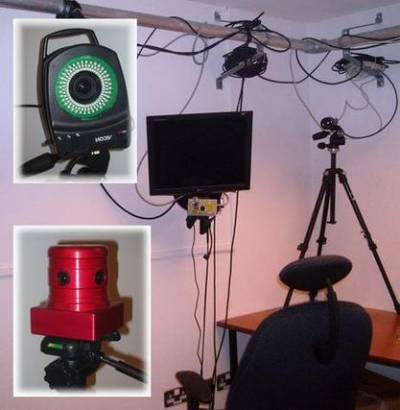
Examining research questions related to spatial cognition using a diverse array of methods
The UCL Spatial Cognition Lab has a HTC Vive for Immersive whole-body tracking virtual reality.
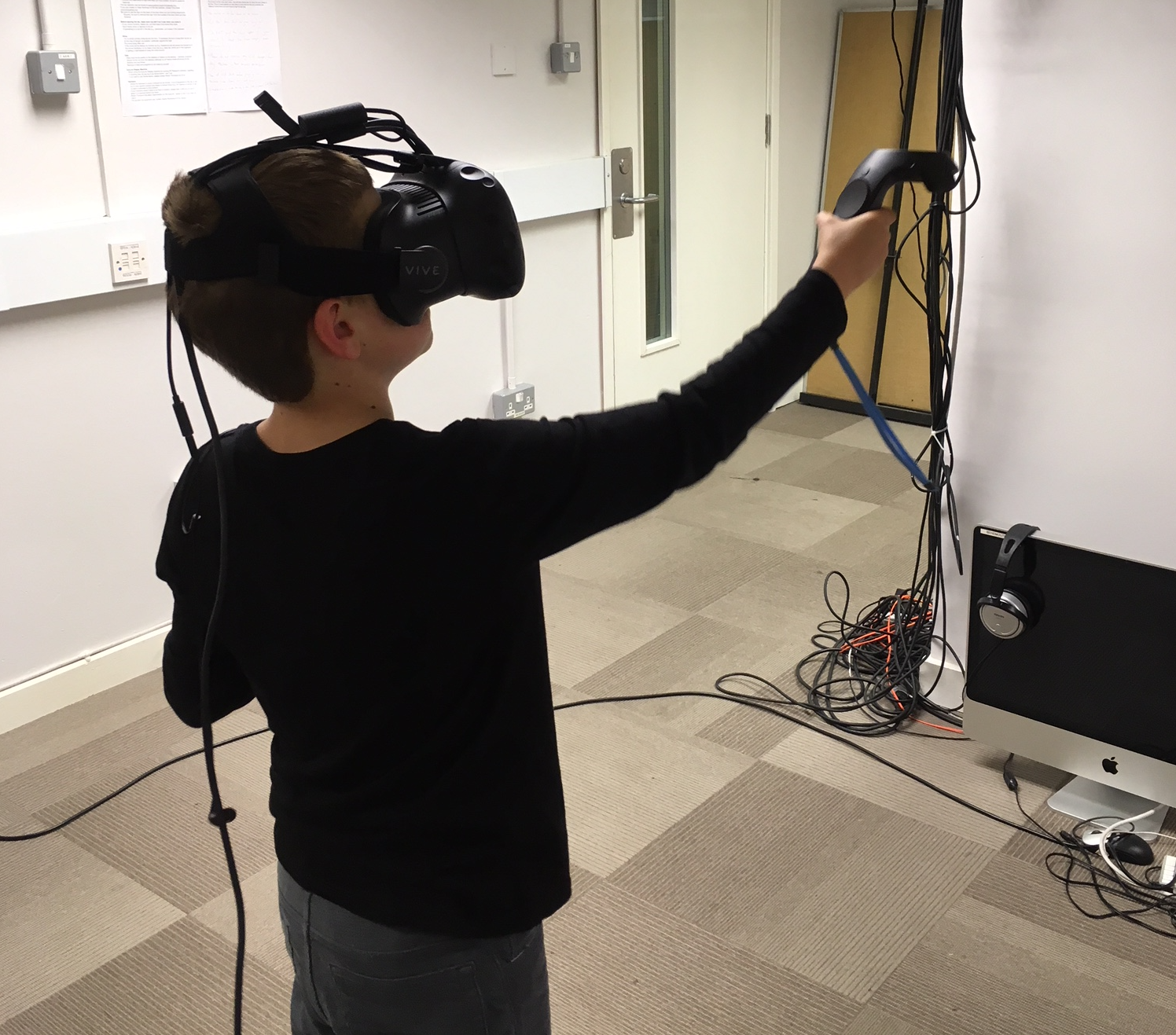
A hub of UCL’s behavioural neuroscience community
The Institute of Behavioural Neuroscience Laboratory has dedicated rooms for electrode wiring, surgery, histology, animal housing and 18 rooms for experimental research. Research in the Lab is supported by Wellcome Trust, the RCUKs, Google Deepmind, the Human Brain Project and European Research Council.
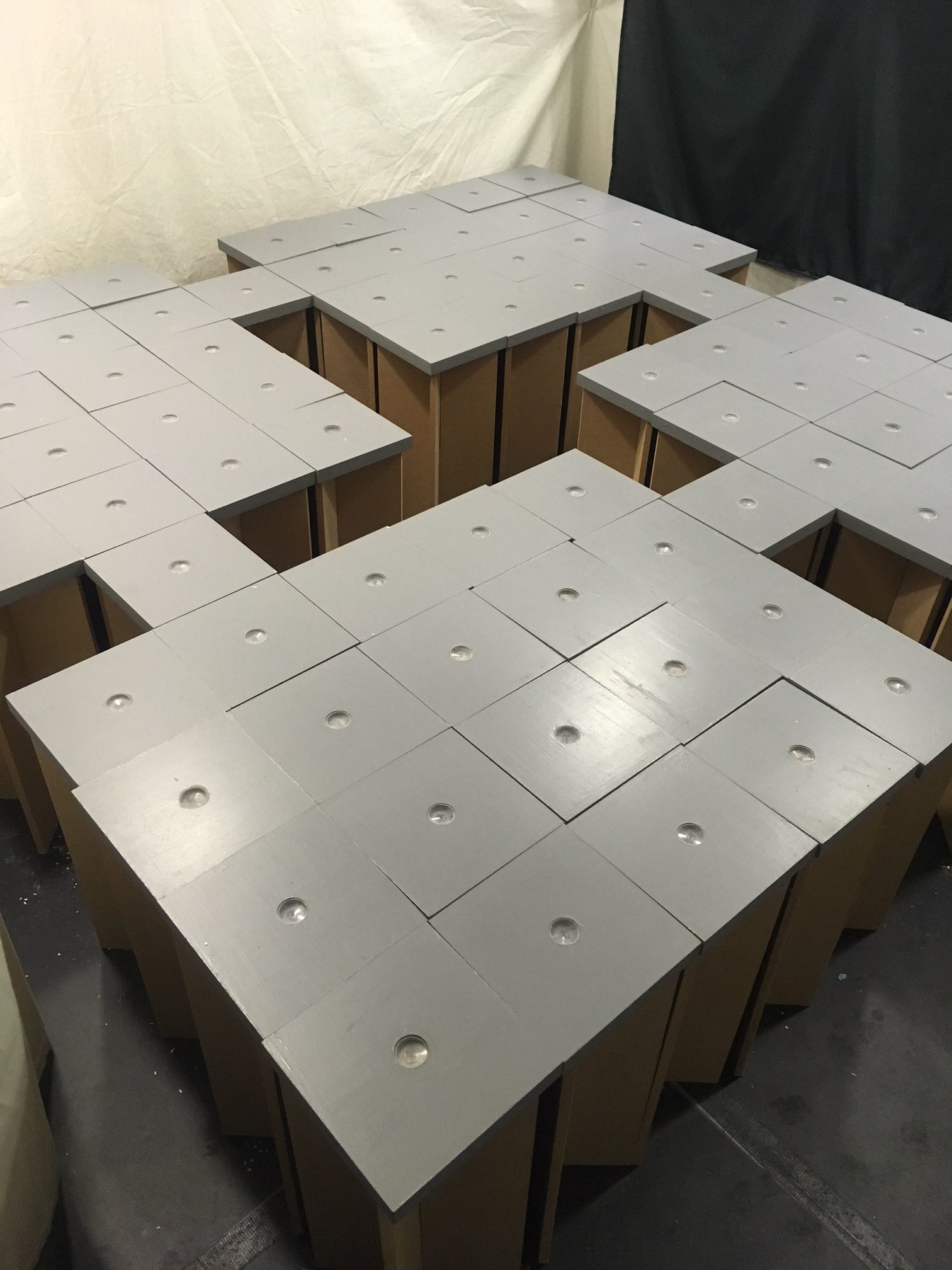
Birkbeck-UCL Centre for Neuroimaging
BUCNI provides state of the art magnetic imaging facilities for Birkbeck and UCL staff, and promotes inter-institutional collaboration and innovation.
BUCNI is home to a Siemens Avanto 1.5 Tesla MRI scanner that is equipped with several specialized surface and head coils (including a 32-channel head coil) for high-resolution neuroimaging.
